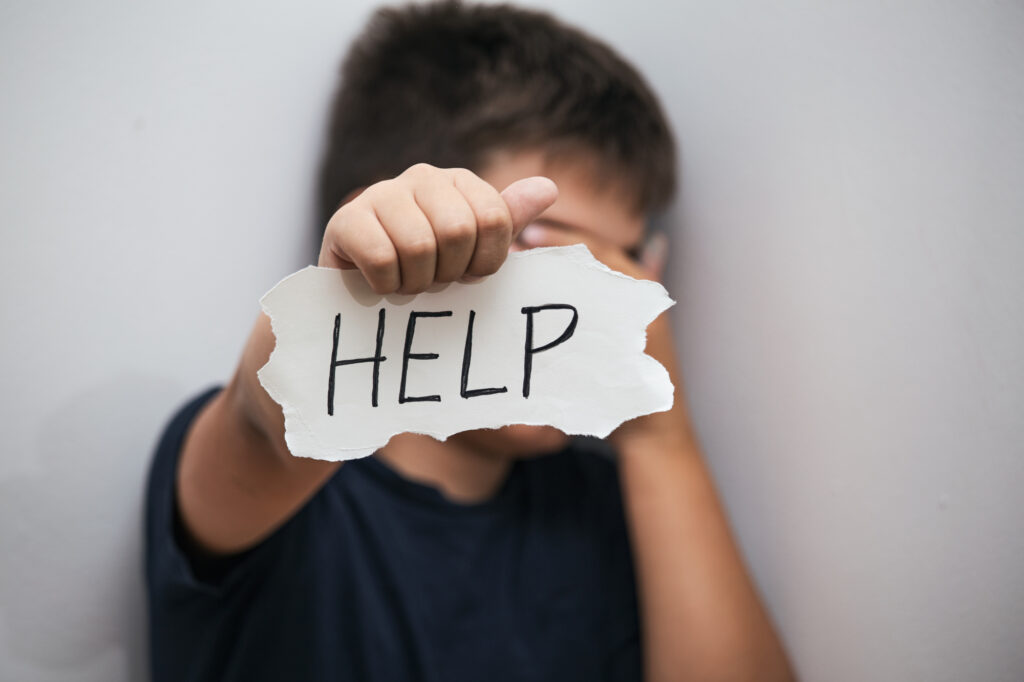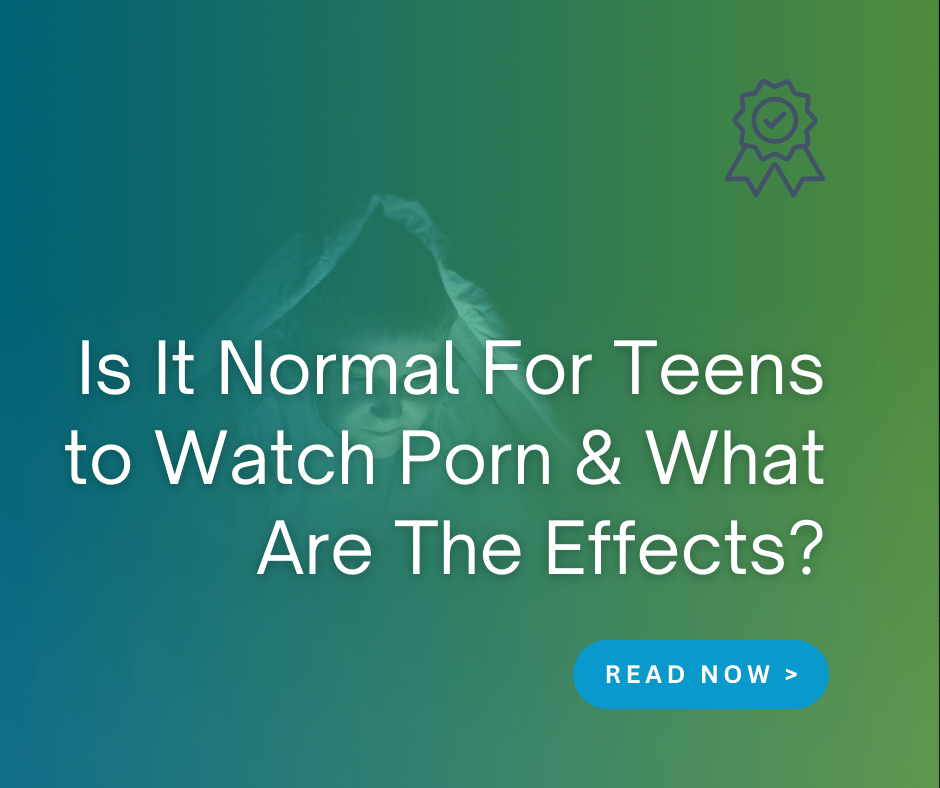February is Teen Dating Violence Awareness Month, a month dedicated to raising awareness and promoting prevention of dating violence among teenagers. Statistics show that 1 in 3 teens in the U.S. will experience some form of dating abuse, and this month is a great time for education and empowerment.
Teen Dating Violence Awareness Month was established to highlight the importance of healthy relationships during adolescence. It’s a time to educate teens about the signs of abusive relationships, empower them to seek help, and encourage communities to support safe and respectful dating practices. This month also provides an opportunity to dispel myths about teen dating violence, promote open dialogue, and emphasize the significance of consent and communication in relationships.
Remember: the effects of abusive relationships during the teen years can linger into adulthood. If you think your teen is in an abusive relationship, it’s time to educate yourself about how you can help.

Adolescence: A Highly Emotional Time
Teenagers often act more emotionally than adults due to a combination of biological, psychological, and social factors. During adolescence, the brain, particularly the prefrontal cortex responsible for emotional regulation, is still developing, which can lead to more impulsive and emotional responses. Hormonal changes during puberty also contribute to heightened emotional sensitivity and variability. Teenagers also face unique social and environmental challenges, such as navigating peer relationships, identity formation, and academic pressures, which can amplify emotional experiences. While adults might appear more emotionally stable, this is often due to more developed coping mechanisms and life experiences that aid in emotional regulation. While heightened emotional responses in teenagers are a normal part of their developmental process, they can also lead to more impulsive decisions about relationships.

Adding Relationships into the Mix
The challenges of adolescence tend to be compounded by the complexities of romantic relationships. During this developmental stage, teenagers are not only navigating physical and emotional changes but also exploring their identity and social connections. Romantic relationships, a new and significant aspect of their social lives, introduce additional layers of emotional intensity and complexity. These relationships can be a source of strong emotions, including joy, excitement, anxiety, and distress. They often require skills in communication, emotional regulation, and conflict resolution, which are still developing in teenagers.
Without these matured skills, conflicts in romantic relationships can escalate. The combination of intense emotions, desire for acceptance, and lack of experience in managing complex interpersonal dynamics can contribute to situations where one or both partners engage in controlling, abusive, or violent behavior. This can be further exacerbated if teenagers have been exposed to unhealthy relationship models or have not received education on what constitutes a healthy, respectful relationship. Therefore, it’s crucial for teenagers to receive guidance and education on recognizing and fostering healthy relationship dynamics to prevent and address teen dating violence.

How You Can Help
Here are six proactive steps teens, parents, and educators can take to foster safe and healthy relationships:
- Education and Awareness: Education and awareness are crucial in equipping teens with the skills to foster safe and healthy relationships. By teaching them to recognize the red flags of abusive behavior, emphasizing the importance of consent and respect, and enhancing communication skills, educational programs empower teens to establish and maintain positive interpersonal dynamics. These initiatives also play a vital role in debunking harmful myths and stereotypes about relationships, fostering empathy, emotional intelligence, and a strong sense of self-worth. They can also provide coping strategies for emotional challenges, encourage the creation of support networks, and teach bystander intervention techniques. Most importantly, such education highlights what healthy relationships look like, emphasizing mutual respect, equality, and trust, setting a positive benchmark for young individuals to aspire to in their own relationships.
Action Step: Share this article, or another article on teen dating violence, with your teen.
- Open Communication: Open communication is a cornerstone in helping teens build safe and healthy relationships. It encourages honesty and transparency, allowing teens to express their feelings, boundaries, and concerns without fear of judgment or retribution. This open dialogue fosters mutual understanding and respect, key elements in any healthy relationship. It also equips teens with the ability to resolve conflicts constructively, preventing misunderstandings from escalating into more serious issues. Open communication nurtures trust, a fundamental aspect of any relationship. When teens learn to communicate openly, they’re better equipped to express their needs and understand the needs of others, leading to more empathetic, supportive, and respectful interactions.
Action Step: Ask your teen if they want to talk about anything. If they do, listen quietly and offer support without advice-giving.
- Building Self-Esteem: High self-esteem equips teens with the confidence to set and enforce personal boundaries, a key aspect of any respectful and healthy relationship. When teens feel good about themselves, they are less likely to tolerate disrespectful or abusive behavior from others, as they recognize their own worth and are more likely to seek relationships that reflect this self-respect. A strong sense of self-worth helps in reducing dependency on others for validation, thus promoting more balanced and equal relationships. It also encourages better decision-making when choosing partners, as teens with high self-esteem are more likely to select partners who treat them with the respect and kindness they deserve.
Action Step: Encourage your teen to engage in activities that reinforce positive self-image and individual strengths, like sports, arts, or volunteering.
- Promoting Healthy Relationship Skills: Healthy relationship skills include understanding and practicing mutual respect, trust, honesty, and effective communication. By mastering these, teens learn to value and uphold the dignity and worth of both themselves and their partners, creating a foundation of mutual respect. Trust builds a secure environment where both parties feel safe to share their thoughts and feelings. Honesty fosters transparency, preventing misunderstandings and deceit that can harm relationships. Effective communication is crucial for expressing needs, desires, and concerns clearly and for resolving conflicts in a constructive manner, without resorting to aggression or passive-aggressive behaviors. These skills together enable teens to develop deeper connections, empathize with their partners, and create relationships based on equality and understanding. Learning and practicing healthy relationship skills not only enhance their current relationships but also set a precedent for how they interact in future relationships, contributing to their overall emotional and relational well-being.
Action Step: Ask your teen to verbalize what’s most important to them in a relationship. How do they want to feel? How do they want to treat others?
- Digital Safety: Digital safety is a vital aspect of fostering safe and healthy relationships among teens in today’s increasingly connected world. By educating teens on the importance of maintaining digital boundaries and respecting privacy, they learn to navigate the complexities of online interactions responsibly. This includes understanding the impact of social media on relationships, recognizing and avoiding digital abuse such as cyberbullying or non-consensual sharing of private information, and being aware of the permanence of digital footprints. Digital safety education helps teens make informed decisions about what they share online, whom they interact with, and how they communicate, reducing the risk of emotional harm and exploitation. It also emphasizes the importance of balance between online and offline interactions, encouraging healthy, face-to-face relationship building.
Action Step: Educate teens on digital boundaries, the importance of privacy, and the impact of social media on relationships.
- Access to Resources: Accessible resources like hotlines, counseling services, educational materials, and support groups can offer vital support and information. When teens know where to turn for help, they feel empowered to seek assistance in times of need, whether for themselves or for friends. Counseling services can offer personalized guidance and strategies for dealing with relationship challenges, while educational resources can provide general knowledge about healthy relationship practices. Support groups create a sense of community and understanding, showing teens that they are not alone in their experiences. By ensuring that these resources are readily available and known to teens, we can significantly enhance their ability to form and maintain respectful, supportive, and nurturing relationships, while also providing a safety net when they face challenges in their relationships.
Action Step: Give your teen a list of local and national resources, including hotlines and counseling centers. They may not feel comfortable going to you, but they should have resources available if they need to talk to someone.
Teen Dating Violence Awareness Month is not just about highlighting these issues; it’s about taking active steps towards change and empowering teens to take care of themselves. This February, let’s commit to educating ourselves and our youth, promoting respectful relationships, and creating a safer environment for all teenagers.












